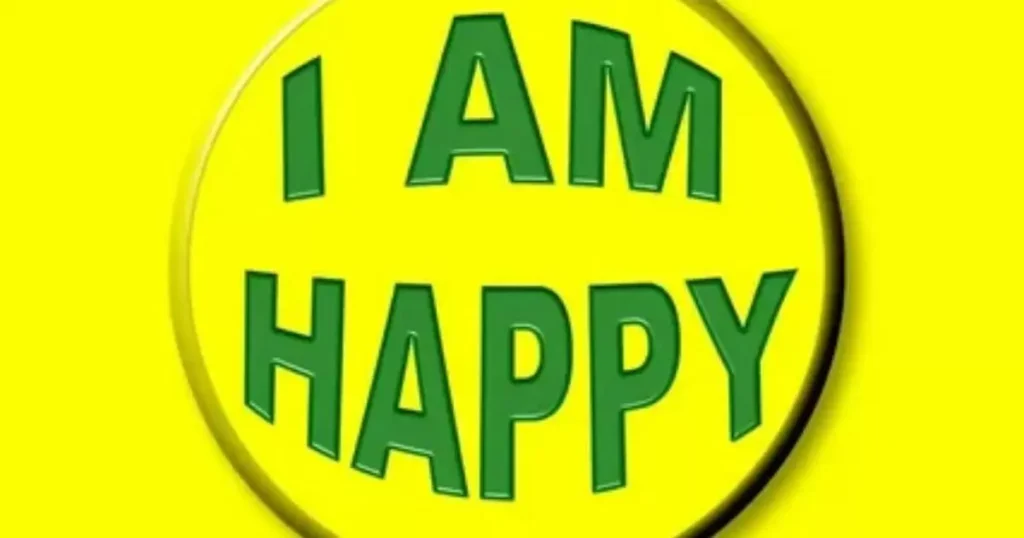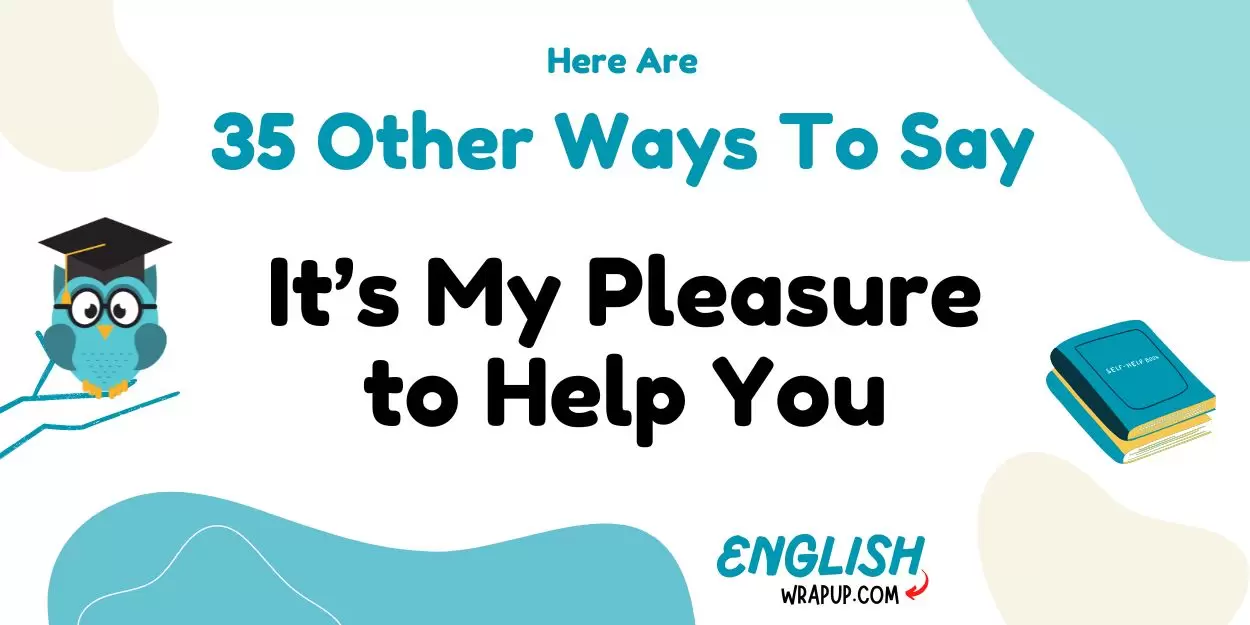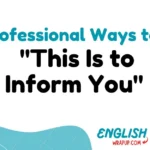Expressing pleasure in assisting someone is a polite and gracious way to respond to gratitude or appreciation. While “It’s My Pleasure to Help You” is a common phrase for conveying this sentiment, there are numerous alternatives available that can express the same feeling with varying degrees of warmth and sincerity.
Whether you’re offering assistance at work, in customer service, or in everyday interactions, selecting the right phrase can enhance rapport and convey genuine goodwill. Here are 35 other ways to express the idea of “It’s My Pleasure to Help You”:
Is it Polite to Say “It’s My Pleasure to Help You”
Yes, saying “It’s my pleasure to help you” is a polite and courteous way to express willingness and enthusiasm in assisting someone. This phrase is commonly used in customer service, hospitality, and other service-oriented industries to convey a sense of genuine interest in assisting the person and making them feel valued.
Why “It’s My Pleasure to Help You” is Polite:
- Expresses Appreciation: It communicates gratitude for the opportunity to assist someone.
- Positive Tone: The phrase conveys a positive attitude and willingness to go the extra mile to assist.
- Acknowledges the Person: It acknowledges the person’s need for assistance and validates their request.
- Enhances Customer Experience: In service industries, using polite language like this can enhance the customer’s experience and leave them with a positive impression of the interaction.
Variations of the Phrase:
- “I’m happy to help.”
- “Certainly, it’s my pleasure.”
- “It’s no trouble at all.”
- “I’m here to assist you.”
What to say instead of “Mind Your Own Business”
- Glad I could assist.
- Happy to be of service.
- Delighted to help.
- It was a pleasure helping you.
- Always here to help.
- My pleasure.
- It’s no trouble at all.
- I’m here for you.
- Anytime you need assistance.
- I’m glad I could lend a hand.
- It’s my pleasure to be of assistance.
- I’m at your service.
- Don’t hesitate to ask if you need anything else.
- Helping you out was enjoyable.
- It was my pleasure to assist.
- I’m happy I could help you out.
- Consider it done with pleasure.
- I’m here to support you.
- You’re welcome; it was my pleasure.
- I’m delighted to have been able to help.
- Always happy to lend a hand.
- I’m glad I could make things easier for you.
- It’s been a pleasure assisting you.
- It’s my pleasure to offer my assistance.
- I’m delighted to have been of help.
- Helping you was a pleasure.
- I’m pleased I could assist you.
- You’re welcome; helping is what I’m here for.
- It was my pleasure to provide assistance.
- I’m glad I could be of service.
- I’m delighted to have helped you.
- Helping you out was a joy.
- I’m happy to have been able to help you.
- It was my pleasure to lend a hand.
- I’m here to help whenever you need it.
1. Glad I could assist.
“Glad I could assist.” conveys satisfaction in being able to help and expresses genuine pleasure in the assistance provided.
2. Happy to be of service.
“Happy to be of service.” emphasizes willingness and eagerness to assist, indicating genuine pleasure in helping.

3. Delighted to help.
“Delighted to help.” expresses genuine happiness and satisfaction in providing assistance.
4. It was a pleasure helping you.
“It was a pleasure helping you.” indicates that providing assistance was enjoyable and satisfying.
5. Always here to help.
“Always here to help.” reassures the person that assistance is readily available and expresses a willingness to assist whenever needed.
6. My pleasure.
“My pleasure.” is a concise and polite way to express that providing assistance was enjoyable and satisfying.
7. It’s no trouble at all.
“It’s no trouble at all.” reassures the person that providing assistance was easy and enjoyable.
8. I’m here for you.
“I’m here for you.” expresses readiness to provide support and assistance whenever needed.
9. Anytime you need assistance.
“Anytime you need assistance.” reassures the person that assistance is available whenever required.
10. I’m glad I could lend a hand.
“I’m glad I could lend a hand.” expresses satisfaction in being able to provide assistance and support.
Other Ways To Say “Mind Your Own Business”
11. It’s my pleasure to be of assistance.
“It’s my pleasure to be of assistance.” emphasizes genuine pleasure and willingness to help.
12. I’m at your service.
“I’m at your service.” expresses readiness to assist and serve the person whenever needed.
13. Don’t hesitate to ask if you need anything else.
“Don’t hesitate to ask if you need anything else.” encourages the person to seek further assistance if needed, indicating willingness to help further.
14. Helping you out was enjoyable.
“Helping you out was enjoyable.” indicates that providing assistance was a pleasant and satisfying experience.
15. It was my pleasure to assist.
“It was my pleasure to assist.” expresses genuine pleasure and satisfaction in providing assistance.
16. I’m happy I could help you out.
“I’m happy I could help you out.” conveys genuine happiness and satisfaction in being able to provide assistance.

17. Consider it done with pleasure.
“Consider it done with pleasure.” indicates willingness and eagerness to fulfill the request, expressing genuine satisfaction in providing assistance.
18. I’m here to support you.
“I’m here to support you.” expresses readiness to provide assistance and support whenever needed.
19. You’re welcome; it was my pleasure.
“You’re welcome; it was my pleasure.” acknowledges gratitude and expresses genuine pleasure in providing assistance.
20. I’m delighted to have been able to help.
“I’m delighted to have been able to help.” expresses genuine happiness and satisfaction in being able to provide assistance.
21. Always happy to lend a hand.
“Always happy to lend a hand.” indicates willingness and eagerness to assist whenever needed.
22. I’m glad I could make things easier for you.
“I’m glad I could make things easier for you.” expresses genuine satisfaction in being able to provide assistance and support.
23. It’s been a pleasure assisting you.
“It’s been a pleasure assisting you.” indicates that providing assistance has been a pleasant and satisfying experience.
24. It’s my pleasure to offer my assistance.
“It’s my pleasure to offer my assistance.” emphasizes genuine pleasure and willingness to provide assistance whenever needed.
25. I’m delighted to have helped you.
“I’m delighted to have helped you.” expresses genuine happiness and satisfaction in being able to provide assistance.
26. Helping you was a pleasure.
“Helping you was a pleasure.” indicates that providing assistance was enjoyable and satisfying.
27. I’m pleased I could assist you.
“I’m pleased I could assist you.” expresses genuine satisfaction and happiness in being able to provide assistance.
28. You’re welcome; helping is what I’m here for.
“You’re welcome; helping is what I’m here for.” emphasizes readiness and willingness to provide assistance whenever needed.
29. It was my pleasure to provide assistance.
“It was my pleasure to provide assistance.” expresses genuine pleasure and satisfaction in being able to help.
30. I’m glad I could be of service.
“I’m glad I could be of service.” conveys genuine happiness and satisfaction in being able to provide assistance.
31. I’m delighted to have helped you.
“I’m delighted to have helped you.” expresses genuine happiness and satisfaction in being able to provide assistance.
32. Helping you out was a joy.
“Helping you out was a joy.” indicates that providing assistance brought genuine happiness and satisfaction.
33. I’m happy to have been able to help you.
“I’m happy to have been able to help you.” expresses genuine happiness and satisfaction in being able to provide assistance.
34. It was my pleasure to lend a hand.
“It was my pleasure to lend a hand.” conveys genuine satisfaction in being able to offer assistance and support.
35. I’m here to help whenever you need it.
“I’m here to help whenever you need it.” emphasizes readiness and willingness to provide assistance and support whenever required.
Final Thoughts
In conclusion, while “It’s My Pleasure to Help You” is a gracious way to respond to someone’s gratitude, there are numerous alternatives available that can convey the same sentiment with varying degrees of warmth and sincerity.
By selecting the appropriate phrase based on the context and your relationship with the person you’re assisting, you can effectively communicate your genuine pleasure and willingness to help. These alternatives can enhance rapport, foster positive interactions, and convey genuine goodwill towards others.

I’m Noah Wilson, the test-prep pro at “English WRAP Up.” I’ve been helping students navigate the challenges of TOEFL, IELTS, BULATS, FCE, CAE, and PTEG, making the learning process a whole lot of fun. Over at English WRAP Up, we’re here to make your test prep incredible. Let’s wrap up your English exams with confidence and skill together!



